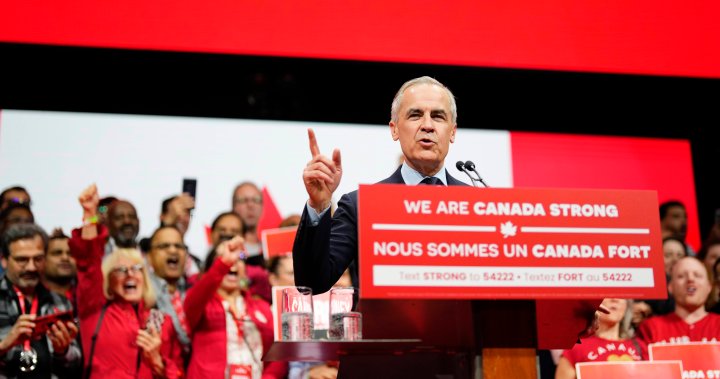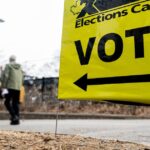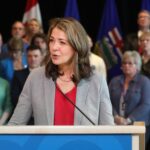“Canadians have chosen unity over division, hope over fear, and action over cynicism,” Carney declared to enthusiastic supporters at Liberal headquarters in Ottawa last night. “While we may not have secured a majority, we have earned a clear mandate to address the critical challenges facing our nation—from the housing crisis to climate change and economic renewal.”
The Conservative Party, despite gaining 21 seats from the 2021 election, fell short of expectations with 119 seats. Poilievre conceded defeat but warned that his party would provide “vigilant opposition” to what he called “Carney’s banker-elite policies.” The Conservative leader pledged to hold the new government accountable for promises made on affordability issues that resonated with voters throughout the campaign.
Jagmeet Singh’s New Democratic Party secured 35 seats, positioning itself as a crucial partner for the Liberals in passing legislation. In his post-election speech, Singh emphasized that cooperation would come with conditions: “We’re prepared to work with the Liberals to deliver real results for everyday Canadians, but let me be clear—our support must be earned through concrete action on healthcare, housing, and climate justice.”
Political analysts point to Carney’s economic credentials as decisive in swaying late-deciding voters concerned about inflation and housing costs. “Carney’s background gave him credibility on economic management that ultimately proved persuasive to middle-class suburban voters who were wavering between the two main parties,” explained Dr. Melissa Thompson, political science professor at the University of Toronto.
The election saw historically high turnout of 71%, reflecting the high stakes and polarized nature of the campaign. Particularly notable was increased participation among voters under 35, who turned out at rates not seen since 2015, according to preliminary Elections Canada data.
In Quebec, the Bloc Québécois maintained their position with 33 seats, while the Green Party doubled their representation to four seats, indicating growing environmental concerns among portions of the electorate.
Financial markets responded positively to the results, with the Canadian dollar strengthening slightly against major currencies and the TSX opening higher. “Markets are responding to the certainty provided by the result and Carney’s perceived fiscal competence,” noted Jordan Williams, chief economist at RBC Capital Markets. “However, the minority status means potential policy compromises with the NDP that could alter the fiscal outlook.”
Carney now faces the challenging task of forming a cabinet and developing a legislative agenda that can win parliamentary support. His economic plan, centered on housing construction, productivity growth, and clean energy transition, will require negotiation with other parties to implement. As Canada faces record housing costs, persistent inflation, and global economic uncertainty, the former central banker’s economic expertise will be immediately tested.
The prime minister-designate has already signaled his intention to convene Parliament quickly, with sources close to the transition team suggesting a throne speech could come as early as mid-November. Key cabinet appointments are expected to balance regional representation while bringing economic and policy expertise to critical portfolios.
As Canadians awake to a new political reality, the question remains: can Carney translate his financial acumen into effective governance in a fractured Parliament, or will political compromise dilute the bold economic vision that convinced voters to grant him this narrow victory?


















